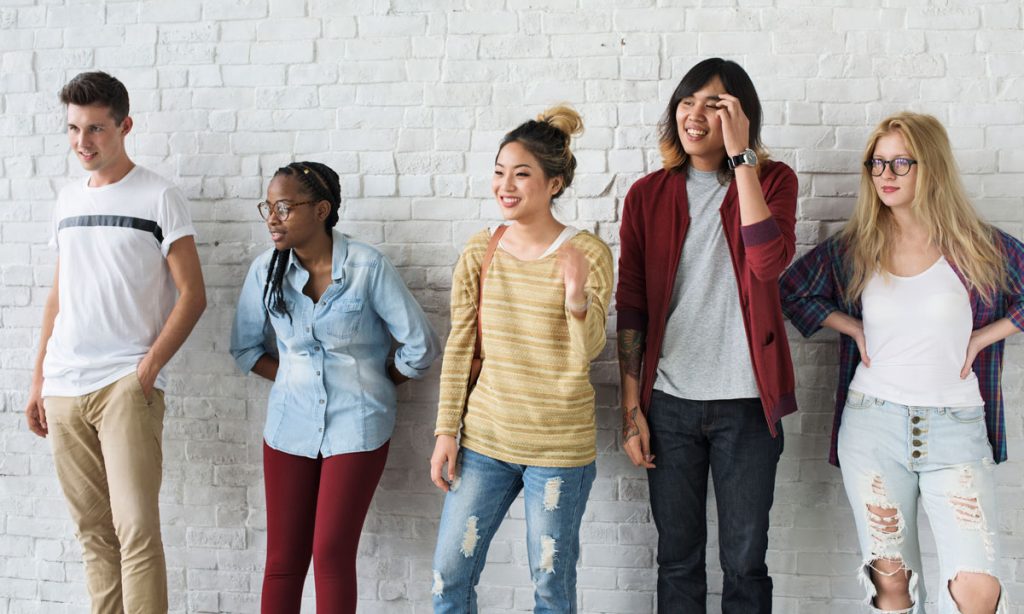A new batch of data shows that even if marijuana is legal in several U.S. states, teens aren’t having more access to the drug. This data adds to a growing body of evidence that suggests that legal marijuana has no connection with teen drug abuse.
Marijuana use in teens and young adults is a serious concern, one that has been correlated with higher odds of developing a dependency on the drug and of developing mental health conditions like depression, anxiety, and psychosis.
The data came from the Youth Risk Behavior Surveillance System (YRBSS) and was submitted by high schoolers between the years 2009 and 2019. The analysis demonstrated that there was not a significant change or increase in the percentage of students who consumed cannabis within the past 30 days.
RELATED: Another Survey Shows Teen Marijuana Use Declines After Legalization
Per the data, the year where teens reported their highest percentage of marijuana use was in 2011 before legal marijuana programs were approved in the U.S.
Opponents of legal marijuana programs have a history of using marijuana use in teenagers and its side effects as ways of scaring people who may be considering supporting legal marijuana. They believe legal marijuana could facilitate drug access for youths during a time where their brains are developing and thus more susceptible to the drug.

Marijuana advocates believe the opposite; with a legal marijuana program in place, it should be theoretically more difficult for underage people to access the drug. Legal programs require ID and keep track of the customers who purchase these products, creating more barriers and hurdles than black-market marijuana.
RELATED: Will Weed Ever Be Federally Legal In The US? What The Experts Say
Marijuana use in teens should remain a concern for everyone, no matter their stance on legal marijuana. Studies that show no links between legal cannabis programs and marijuana use by young people should be encouraging news for advocates and those who are wary of cannabis. These programs make cannabis access more difficult and result in higher-quality products.
